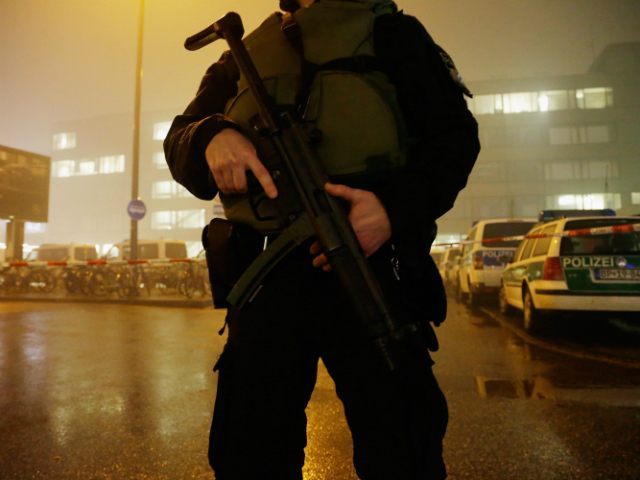Hundreds of Islamists considered capable of committing “significant offences” are walking free in Germany without surveillance because of a lack of resources, making observation impossible.
The radical Islamist “scene” in Germany, which has been described as “rapidly growing” now encompasses some 447 individuals considered highly dangerous, in addition to 1,100 other potential terrorists, over 7,000 radical Salafist Muslims, and hundreds of other individuals who have returned from Syria with combat experience. The number of so called highly dangerous men is up from just 120 a couple of years ago, has nearly doubled in the past twelve months, and is highly concentrated in certain parts of Germany, reports Die Welt.
While there are just four known radical Islamists who pose a serious danger living in the German federal state of Thuringa, and none at all thought to be in Saxony-Anhalt, there are around 160 in North Rhine-Westphalia. The Islamist-heavy state reached global attention earlier this year after the revelation that hundreds were raped, robbed, and attacked in the state’s largest city, Cologne, by migrants on New Year’s Eve.
The 447 targets defined as “Islamist instigators” are monitored by the federal security agencies, with their locations “determined on a regular basis”, but almost none are regularly or permanently observed. The manpower required to observe would-be terrorists 24 hours a day is staggering, with 20 to 30 specially trained officers needed per target for full surveillance, leaving the police in a situation where “realistically… only a handful of people can be shadowed around the clock”.
The difficulty is compounded by the areas in which most targets live and work. Die Welt reports the testimony of one undercover officer, described as being “athletic” and blonde, who complains that in certain areas “everyone knows everyone. Strangers are noticed immediately”. Even so, many of the terrorists they track are experts in spotting undercover police as in many cases they were born and grew up in countries where “massive state subservience” is the norm, and know how to throw off a tail.
Because of the lack of coverage — representatives of the German police have consistently complained of being under-funded for years — the officers must make judgement calls on who should receive these scarce resources, who should be monitored and who not. This does not always work out as hoped. One of the Charlie Hebdo killers, Chérif Kouachi had previously been arrested for terror offences and had been on a watch list, but was not under surveilance in the run-up to the attack as he was seen as less of a threat.
In addition to the 447 high risk terror targets named in the list, there are over 1,000 others considered potentials to join the first rank.
Follow Oliver Lane on Twitter: Follow @Oliver_Lane or e-mail to: olane@breitbart.com

COMMENTS
Please let us know if you're having issues with commenting.